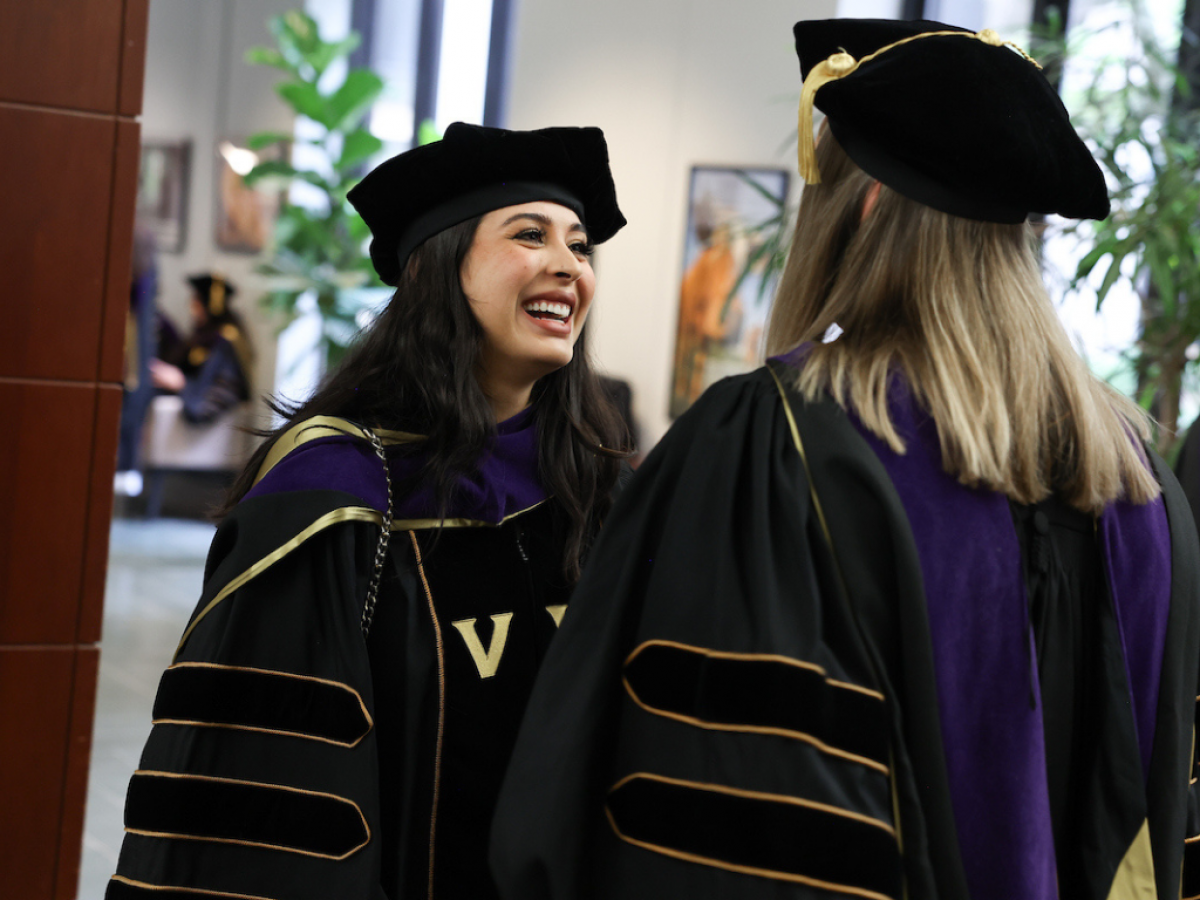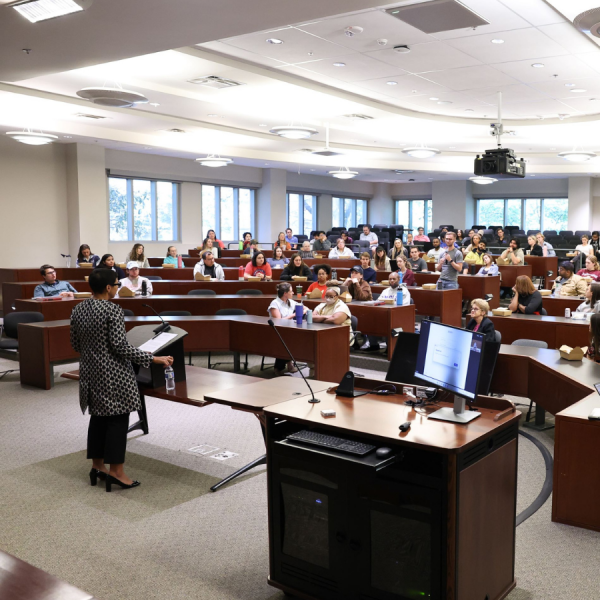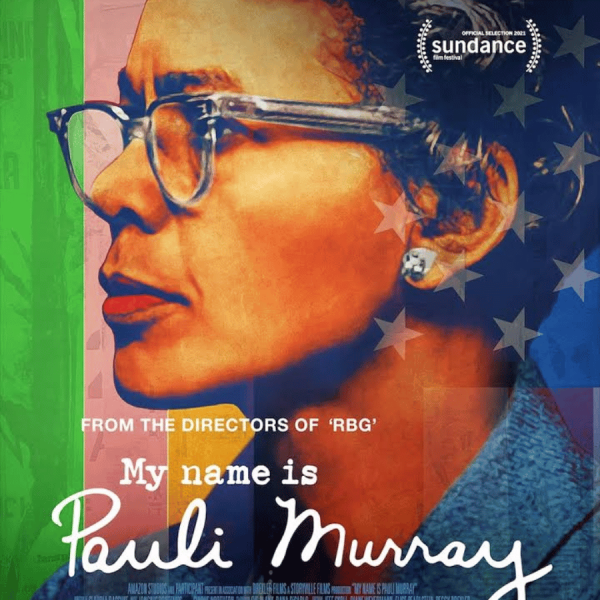Office of Culture & Community
At Vanderbilt Law School, we are committed to ensuring that all students, staff, and faculty feel themselves to be fully a part of our community. This means absolutely zero tolerance for racism, discrimination or bigotry of any sort. Priding itself on a culture of collegiality, warmth, mutual respect, and decency, we seek to maintain a community that fosters belonging, community and growth for all.

Our community brings together those with diverse backgrounds, perspectives, identities, and preferences, and each member contributes to school life through their own distinctive set of viewpoints, experiences, and ideas.
We celebrate this diversity. We cherish it.
We believe that it can fully express itself both in and out of the classroom. Key to maintaining our inclusive and vibrant school culture are the various student affinity groups, councils, working groups, You at VU, and the Vanderbilt Bar Association. Each provides a forum for bringing students together to encourage active collaboration, connection, friendship, and support.
Affinity Groups
Asian Pacific American Law Student Association
Black Law Students Association
Jewish Law Student Association
La Alianza
Law Students for Veterans Affairs
Middle Eastern Law Student Association
Opening Statement: First Generation Lawyers
outLaw
Older Wiser Law Students
South Asian Law Students Association
Women Law Students' Association

The Dean's Lecture Series annually convenes scholars and thought leaders whose work provides innovative perspectives on race and discrimination.
The series provides our community with foundational knowledge on race, civil rights, discrimination on the basis of gender and sexual orientation, and critical historical milestones and their importance. We hope the series will ground our understanding of present-day discourse in a deeper, historically-informed context to highlight social and political movements, impetus for legal changes, and ongoing areas of contention and struggle in race, civil rights and discrimination. Events are free and open to the public.

Open to all members of the Vanderbilt Law School community, the Book and Film Club on Racial Justice and Civil Rights guides investigation into thought-provoking works to analyze their ideas and perspectives with a goal of developing greater depth of understanding on themes of racial justice and civil rights. Facilitated by a member of our faculty, each meeting encourages open and wide-ranging conversation on the themes raised in each work, connecting them to our own thinking, experiences and areas of study and research.
The Office of Culture & Community, along with the George Barrett Social Justice Program welcome members of the law school community to these discussions, even if they have not fully read the assigned book.
Vanderbilt University Resources
- Belonging, Well-Being & Community at Vanderbilt
- Margaret Cuninggim Women’s Center
- Bishop Joseph Johnson Black Cultural Center
- Center for Spiritual & Religious Life
- Student Center for Belonging and Communities
- LAVA: LGBTQIA+ Association of Vanderbilt Alumni
- Office of Lesbian, Gay, Bisexual, Transgender, Queer, and Intersex Life
Contact Us
No matches
Do you have a question, comment or suggestion? Write us!